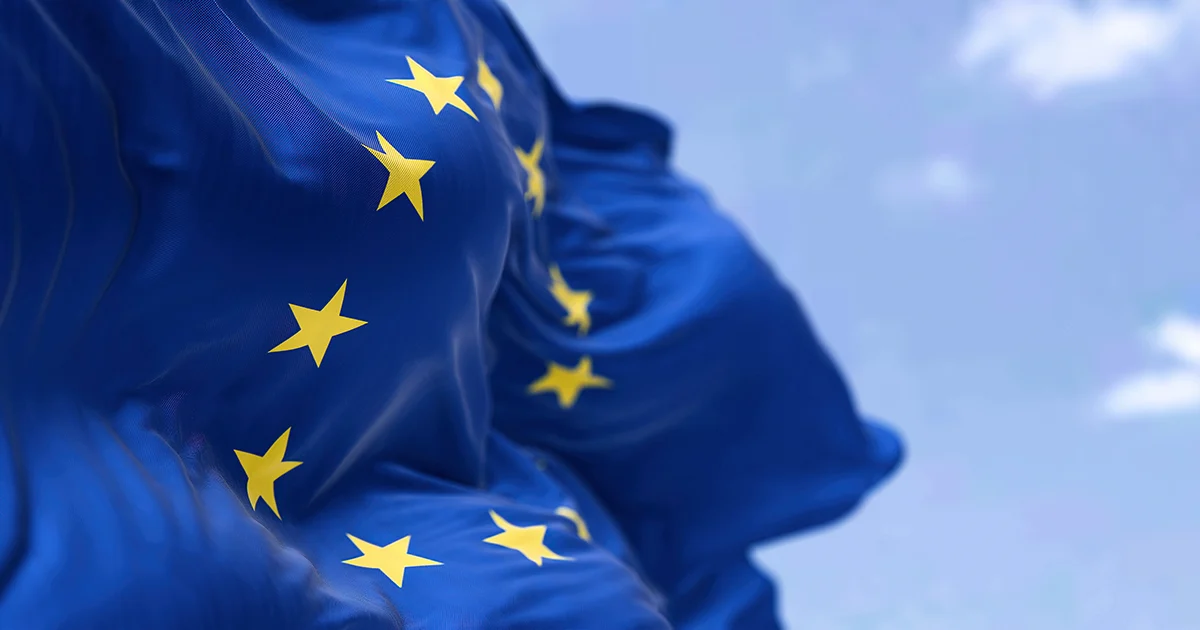EU Targets Algeria: A Political Message Disguised as Anti-Money Laundering Effort?
Brussels – Algiers: The European Union’s decision to add Algeria to its list of high-risk countries for money laundering and terrorist financing has not gone unnoticed. Behind this move, announced Tuesday by the European Commission, looms what appears to be a veiled sanction at a pivotal moment in Euro-Mediterranean relations.
On paper, the decision is based on technical criteria and a strict methodology, aligned with the work of the Financial Action Task Force (FATF). Its stated goal is to identify jurisdictions where financial controls are considered weak or inadequate in the face of organized crime and terrorism threats. Algeria now joins a list that includes ten other countries with vastly different economic and political profiles — from Venezuela to Namibia, including Lebanon and Monaco.
The measure is likely to deter European financial and banking institutions. From now on, any transaction involving Algeria will be treated as high-risk and subject to enhanced due diligence requirements. The result: increased delays, administrative hurdles, and the potential freezing of certain investments or money transfers.
This move may also be perceived as political pressure from Brussels toward a regional partner that does not align with the EU’s political or economic orientations.
Beyond the symbolic weight of this blacklisting, what’s truly at stake are Algeria’s financial flows, business relations, and broader economic credibility.

